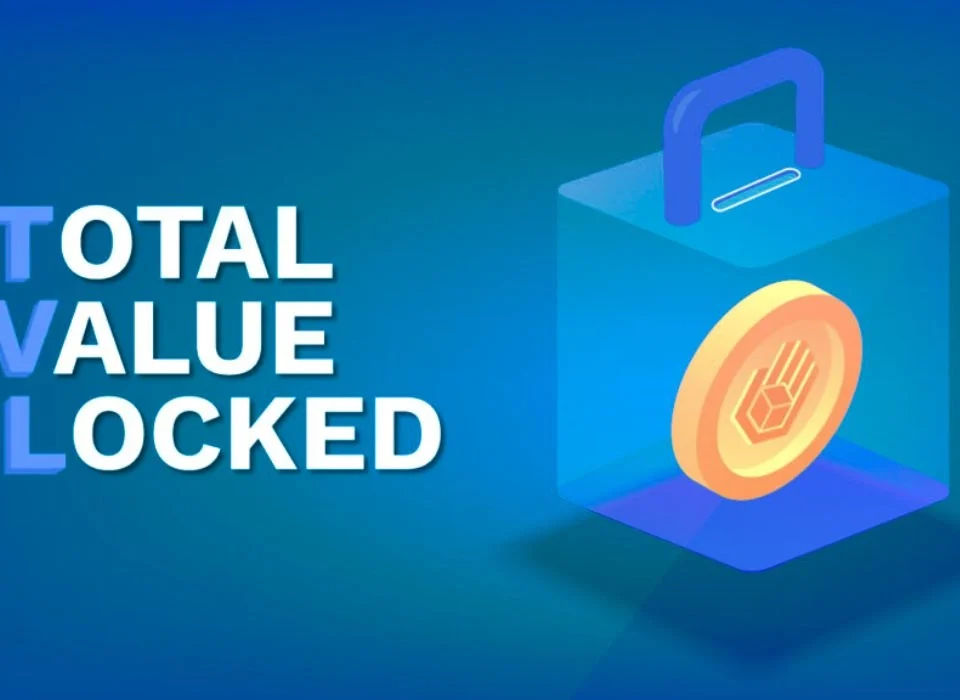
The Role of Blockchain in Gaming
30/07/2024
The Role of Smart Contracts in Decentralized Applications
31/07/2024The Benefits and Risks of Crypto Swaps
Crypto swaps have become an integral part of the cryptocurrency ecosystem, offering users the ability to exchange one digital asset for another quickly and efficiently. This comprehensive guide explores the benefits and risks of crypto swaps, providing insights into how they work and what users should consider before engaging in these transactions.
Introduction to Crypto Swaps
What are Crypto Swaps?
Crypto swaps, also known as cryptocurrency exchanges or token swaps, are transactions where one cryptocurrency is exchanged for another without the need for a fiat intermediary. These swaps can occur on centralized exchanges, decentralized exchanges (DEXs), or through peer-to-peer platforms.
Types of Crypto Swaps
- Centralized Exchanges (CEXs): Platforms like Binance, Coinbase, and Kraken facilitate crypto swaps by acting as intermediaries. Users deposit their cryptocurrencies into the exchange’s wallet, and the platform matches buy and sell orders.
- Decentralized Exchanges (DEXs): Platforms like Uniswap, SushiSwap, and PancakeSwap allow users to swap cryptocurrencies directly from their wallets using smart contracts. DEXs operate without a central authority.
- Peer-to-Peer Platforms: Platforms like LocalBitcoins and Bisq enable direct trading between users. These platforms facilitate negotiations and transactions without intermediaries.
Benefits of Crypto Swaps
Accessibility and Convenience
Crypto swaps offer a high level of accessibility and convenience, allowing users to exchange digital assets without the need for traditional banking systems. This is particularly beneficial for users in regions with limited access to financial services.
24/7 Availability
Crypto swaps can be executed 24/7, unlike traditional financial markets that have fixed trading hours. This constant availability allows users to take advantage of market opportunities at any time.
Global Reach
Cryptocurrencies are borderless, and crypto swaps can be conducted from anywhere in the world. This global reach expands the market and provides users with more trading opportunities.
Speed and Efficiency
Crypto swaps are generally faster than traditional financial transactions, which can take days to settle. Depending on the blockchain, swaps can be completed within minutes or even seconds.
Instant Settlements
DEXs facilitate instant settlements through smart contracts, eliminating the need for manual reconciliation and reducing the risk of counterparty default.
Lower Costs
Crypto swaps can be more cost-effective than traditional currency exchanges, which often involve high fees and unfavorable exchange rates. By eliminating intermediaries, DEXs, in particular, reduce transaction costs.
Reduced Fees
Many DEXs charge lower fees compared to centralized exchanges and traditional financial institutions. This makes crypto swaps an attractive option for frequent traders and those dealing with large volumes.
Security and Control
Crypto swaps, especially on DEXs, provide users with greater control over their funds. Users do not need to deposit their assets into a centralized exchange, reducing the risk of hacks and thefts associated with holding funds on centralized platforms.
Non-Custodial Transactions
DEXs are non-custodial, meaning users retain control of their private keys and funds throughout the transaction process. This enhances security and reduces the risk of losing funds due to exchange hacks.
Anonymity and Privacy
Crypto swaps can offer greater privacy compared to traditional exchanges. Many DEXs do not require extensive KYC (Know Your Customer) processes, allowing users to trade anonymously.
Decentralized Privacy Features
Some DEXs and privacy-focused cryptocurrencies incorporate features that enhance transaction privacy, making it harder to trace transactions back to individual users.
Risks of Crypto Swaps
Volatility and Market Risk
Cryptocurrencies are highly volatile, and prices can fluctuate dramatically within short periods. This volatility can lead to significant gains but also substantial losses.
Slippage
Slippage occurs when there is a difference between the expected price of a trade and the actual executed price. This is common in markets with low liquidity and can result in higher costs for traders.
Security Risks
While DEXs offer enhanced security by being non-custodial, they are not immune to security risks. Smart contract vulnerabilities, phishing attacks, and other cybersecurity threats can compromise user funds.
Smart Contract Vulnerabilities
DEXs rely on smart contracts to execute trades. If these smart contracts contain bugs or vulnerabilities, they can be exploited by malicious actors, leading to loss of funds.
Phishing and Scams
Users must be vigilant against phishing attacks and scams. Malicious websites and applications can impersonate legitimate exchanges, tricking users into revealing their private keys or transferring funds to fraudulent addresses.
Regulatory Risks
The regulatory landscape for cryptocurrencies is still evolving, and changes in regulations can impact the legality and functionality of crypto swaps. Users must stay informed about the regulatory environment in their jurisdiction.
Compliance Issues
Regulatory requirements, such as KYC and AML (Anti-Money Laundering) compliance, can vary significantly between regions. Non-compliance can result in penalties and restricted access to certain services.
Liquidity Risk
Liquidity refers to the ease with which an asset can be bought or sold without affecting its price. Low liquidity can lead to slippage and difficulty executing trades at desired prices.
Impact on Trading
In markets with low liquidity, large orders can significantly impact prices, making it challenging to execute trades without incurring additional costs.
Technical Challenges
Crypto swaps, particularly on DEXs, can involve complex processes that may be difficult for non-technical users to navigate. Issues such as failed transactions, incorrect smart contract interactions, and user errors can lead to loss of funds.
User Errors
Mistakes such as sending funds to the wrong address, setting incorrect transaction parameters, or misinterpreting platform interfaces can result in irrecoverable losses.
Best Practices for Managing Risks
Conduct Thorough Research
Before engaging in crypto swaps, conduct thorough research on the platforms and assets involved. Understand the mechanics of the swap process, the security measures in place, and the reputation of the platform.
Platform Security
Choose platforms with a strong track record of security and reliability. Look for features such as smart contract audits, insurance funds, and transparent governance practices.
Use Reputable Exchanges
Select reputable and well-established exchanges, whether centralized or decentralized. Check user reviews, community feedback, and security track records.
Centralized vs. Decentralized
Weigh the pros and cons of centralized and decentralized exchanges based on your trading needs, security preferences, and regulatory considerations.
Implement Strong Security Measures
Protect your assets by implementing strong security measures, such as using hardware wallets, enabling two-factor authentication (2FA), and keeping your private keys secure.
Hardware Wallets
Store your cryptocurrencies in hardware wallets for added security. Hardware wallets are less susceptible to online attacks and provide an extra layer of protection.
Stay Informed About Regulations
Stay informed about the regulatory environment in your jurisdiction. Comply with KYC and AML requirements to avoid legal issues and ensure continued access to trading platforms.
Regular Updates
Keep up with news and updates from regulatory authorities, industry leaders, and trusted news sources to stay ahead of potential regulatory changes.
Monitor Market Conditions
Keep an eye on market conditions, including liquidity, trading volumes, and price volatility. Use tools and analytics to make informed trading decisions.
Technical Analysis
Utilize technical analysis tools and indicators to assess market trends and identify potential trading opportunities. Stay informed about market news and events that could impact prices.
Test with Small Amounts
When trying out a new platform or trading strategy, start with small amounts to minimize potential losses. Gradually increase your exposure as you gain confidence and experience.
Pilot Trades
Conduct pilot trades to test the platform’s functionality, user interface, and transaction processes. This helps you identify any potential issues before committing larger amounts.
Conclusion
Crypto swaps offer numerous benefits, including accessibility, speed, lower costs, enhanced security, and privacy. However, they also come with significant risks, such as volatility, security vulnerabilities, regulatory uncertainty, and technical challenges. By understanding these benefits and risks and following best practices, users can make informed decisions and effectively manage their exposure in the dynamic world of cryptocurrency trading. Whether you are a seasoned trader or a newcomer, staying informed and vigilant is crucial for navigating the complexities of crypto swaps successfully.



